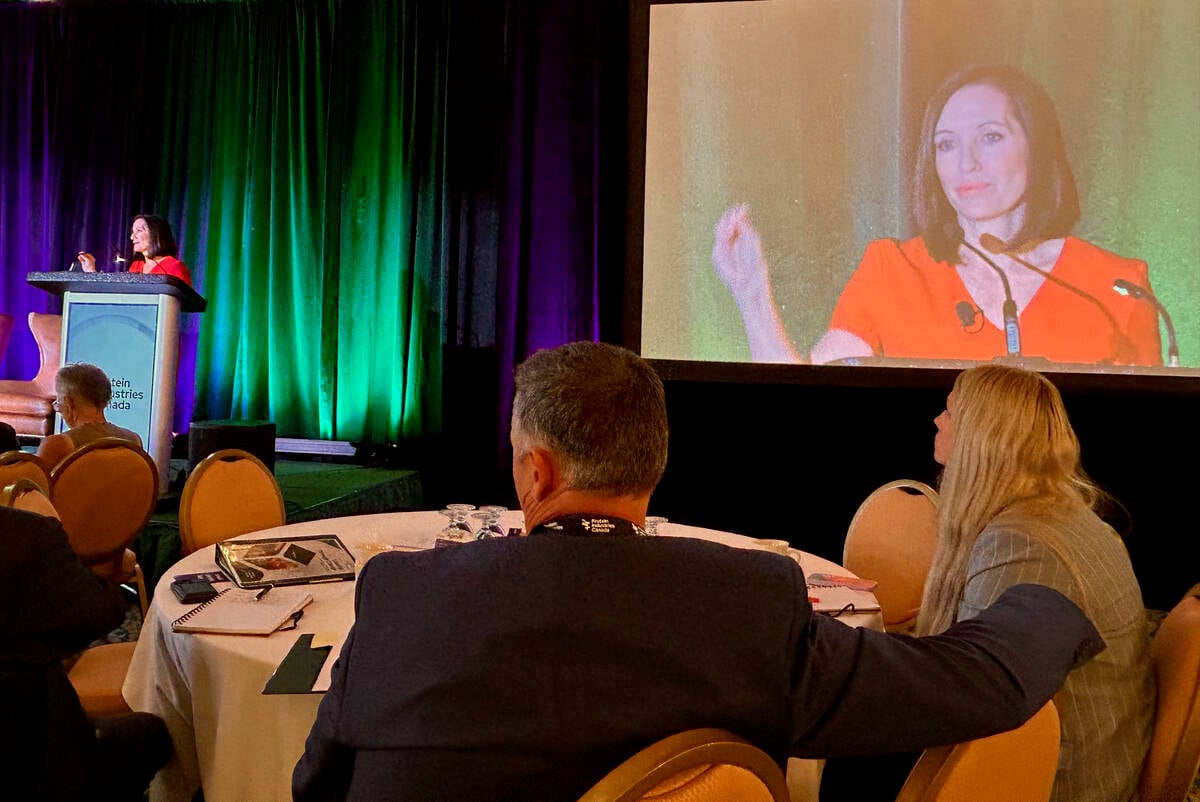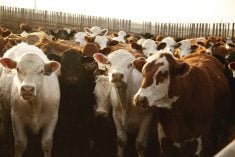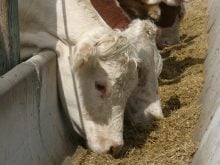REGINA — Changes to beef check-off collection come into effect in three provinces Aug. 1 to bring the entire country in line.
The collection mechanism will change in British Columbia, Alberta and Saskatchewan. Since the national checkoff came into effect about 25 years ago, it was collected in Manitoba and Eastern Canada based on where producers lived, while in the three western provinces it was based on where the cattle were sold.
Chad Ross, Saskatchewan Cattle Association chair and former chair of the Canadian Beef Check-off Agency, said a single aligned system based on where producers live makes the system equal.
Read Also

Canada told trade crisis solutions in its hands
Canadians and Canadian exporters need to accept that the old rules of trade are over, and open access to the U.S. market may also be over, says the chief financial correspondent for CTV News.
The issue occurs when cattle cross provincial boundaries.
“That was fine when all three were the same,” he said, referring to the amount each province collects.
However, Saskatchewan is increasing its levy by 75 cents on Aug. 1. A total of $5.25 per head will be collected for those animals. Alberta remains at $4.50. Other provinces have also made changes.
Ross said the change means a producer from Saskatchewan selling into Alberta will pay the $5.25 levy, while a producer from Alberta selling in Saskatchewan will pay $4.50. If the mechanism hadn’t changed, the Alberta producer would pay too much and the Saskatchewan producer would pay too little.
A levy based on postal code means the proper amount is paid no matter where the cattle move.
In a webinar, check-off agency general manager Melinda German said the change ensures fairness, and the levy doesn’t influence where cattle are sold to pay a lower amount. This could be an issue, particularly at border cities such as Lloydminster.
“What we’re trying to do is ensure market neutrality for those purchasing cattle,” she said.
A levies order working group advised the agency through the process and will continue to meet as the mechanism is implemented. Support is available through the agency and the provincial cattle associations.
Ross said the change will mainly affect dealers and auction marts because they will need to change software and be able to identify where the cattle are from to remit the proper amount. Direct farmgate transactions that occur between provinces are also affected.
The agency said the correct amount of producer dollars will stay in home provinces to support priorities.
















